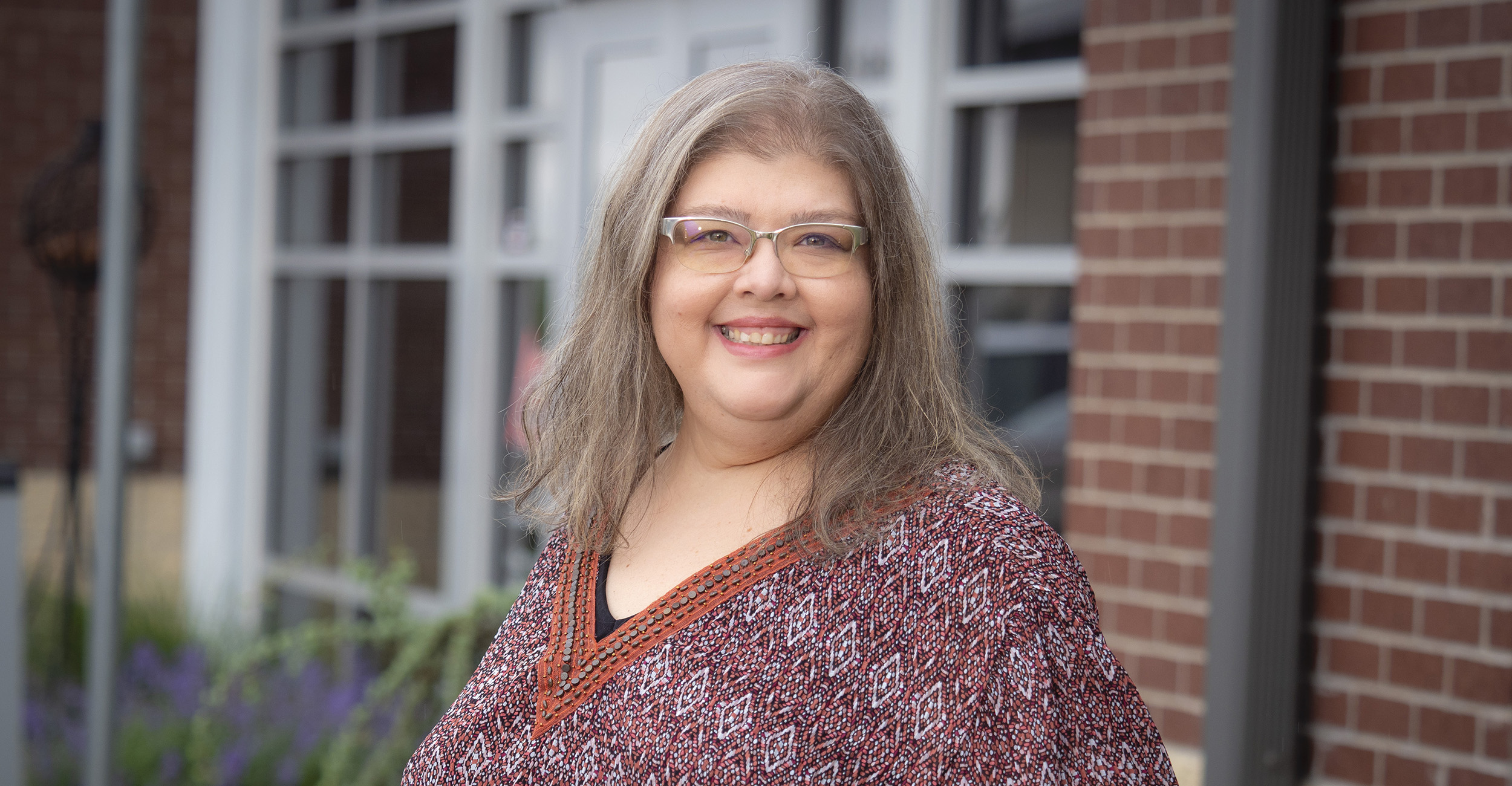
Oklahoma 4-H addressing youth mental health
Friday, May 14, 2021
Media Contact: Trisha Gedon | Communications Specialist | 405-744-3625 | trisha.gedon@okstate.edu
The COVID-19 pandemic has been stressful, leaving adults to navigate new roads of job loss, the loss of loved ones, health concerns and social isolation.
However, adults aren’t the only ones dealing with all of these emotions, said Rachel Morse, Oklahoma State University Extension’s new youth mental health specialist with the Oklahoma 4-H Youth Development program.
“Today’s youth have been facing unprecedented challenges for more than a year, including online learning, social isolation and just the stress of uncertainty,” said Morse, who is housed in the Oklahoma County OSU Extension office. “This is on top of issues they often were encountering on a daily basis before the pandemic. My role as a mental health specialist is to build a youth mental health education program that can be utilized by youth, Extension educators, parents and members of the community.”
More than 80% of Oklahoma 4-H’ers view mental health as a significant issue and are calling for more discussion that is open and honest, said Steve Beck, state 4-H program leader with the Oklahoma 4-H Youth Development program at OSU.
“We’re excited to have Rachel on board in this position to help teach our club members youth life skills that will help them be more resilient and better able to cope, as well as identify and assist other youth who may be in crisis,” he said.
Morse said new cultural stressors youth are experiencing can spill over into their relationships with friends and family, as well as compound other problematic situations. Stress can affect youth emotionally, physically and socially. The list of examples she cited is not exhaustive and may include signs that cross categories, such as experimentation with drugs or alcohol.
Emotional:
- Acting out, physically or verbally
- Depression
- Excessive sleeping
- Anxiety
Physical:
- Headaches
- Muscle tension, particularly in the back or neck
- Butterflies in the stomach
- Trouble sleeping
Social:
- Change in normal routines, temperament and behavior
- Change in friends who influence in negative ways
- Loss of interest in extracurricular activities
- Dropping out of social engagements
Morse said OSU Extension has the unique ability to reach youth across the state, especially rural youth. Extension recognizes that mental health education and programming is part of building a whole and healthy young person.
“My role, as a youth mental health specialist, is to build a youth mental health education program that can be utilized by youth, Extension educators, parents and really, anyone in the community. I’m building relationships with mental health entities and youth serving organizations within the community, starting locally in Oklahoma City,” she said. “Through this new position, Extension is building on our great ability to partner and resource in order to find the best programming and tools to aid our young people.”
Although the program is still under development, Morse said she envisions it having youth-led, peer-to-peer events and programs so participants can learn from other youth. She also plans to build a cohort of OSU Extension educators who are acquainted with curriculum and community based resources to utilize and refer youth who are needing assistance.
For example, a 4-H volunteer and Extension educator may collaborate to present information about an intervention system referred to as Question-Persuade-Refer (QPR) to help spot signs of suicide. Also, teen volunteers may do a program for younger children on mindfulness, the skill of being aware of self and those around us.
“These opportunities for our teen leaders will help them build their leadership and other life skills while providing important information to younger club members,” Morse said. “Extension can really address issues that our youth encounter on a daily basis. Our young people want to be leaders in this movement, and they also want to see OSU Extension address and enhance our program areas.”
